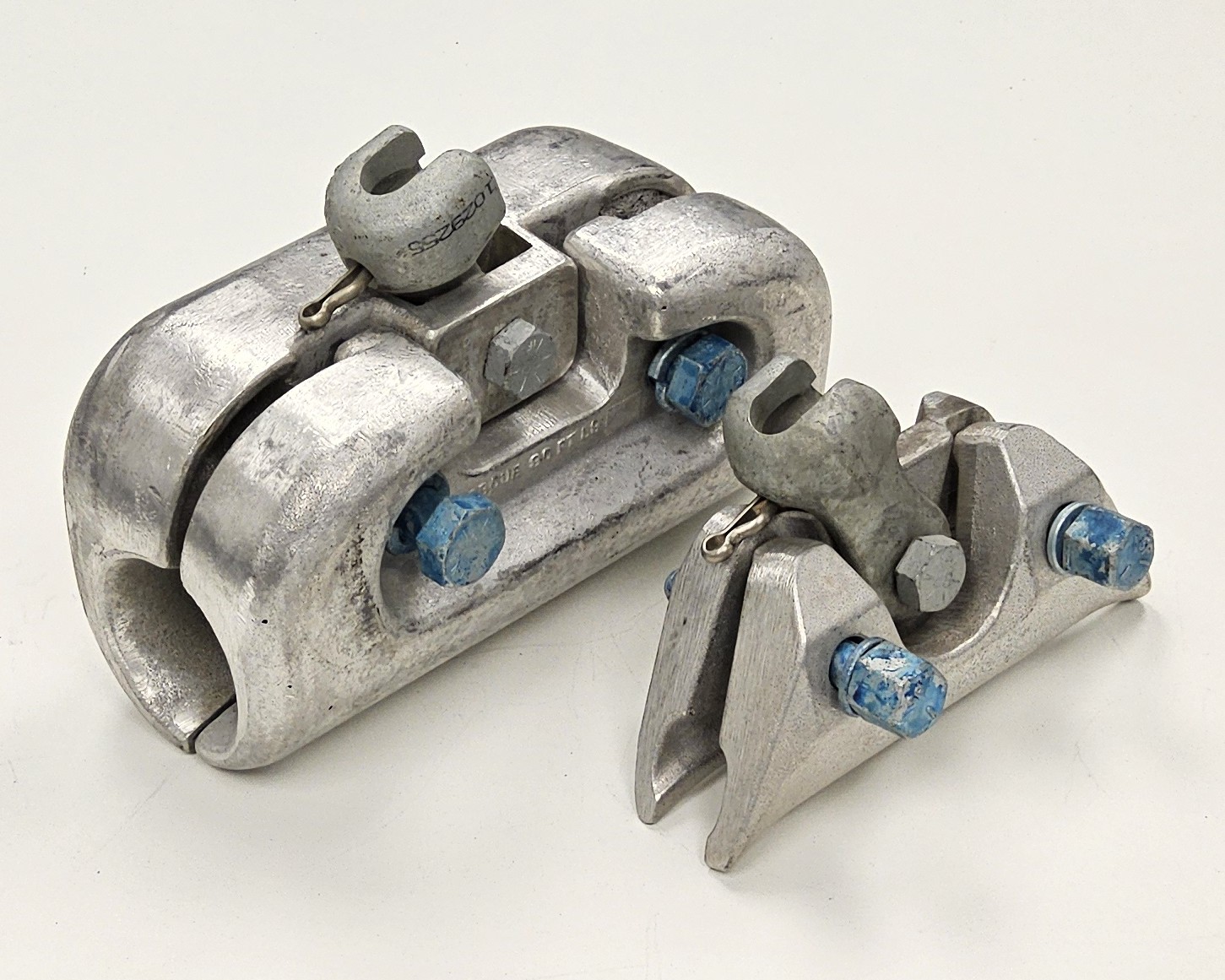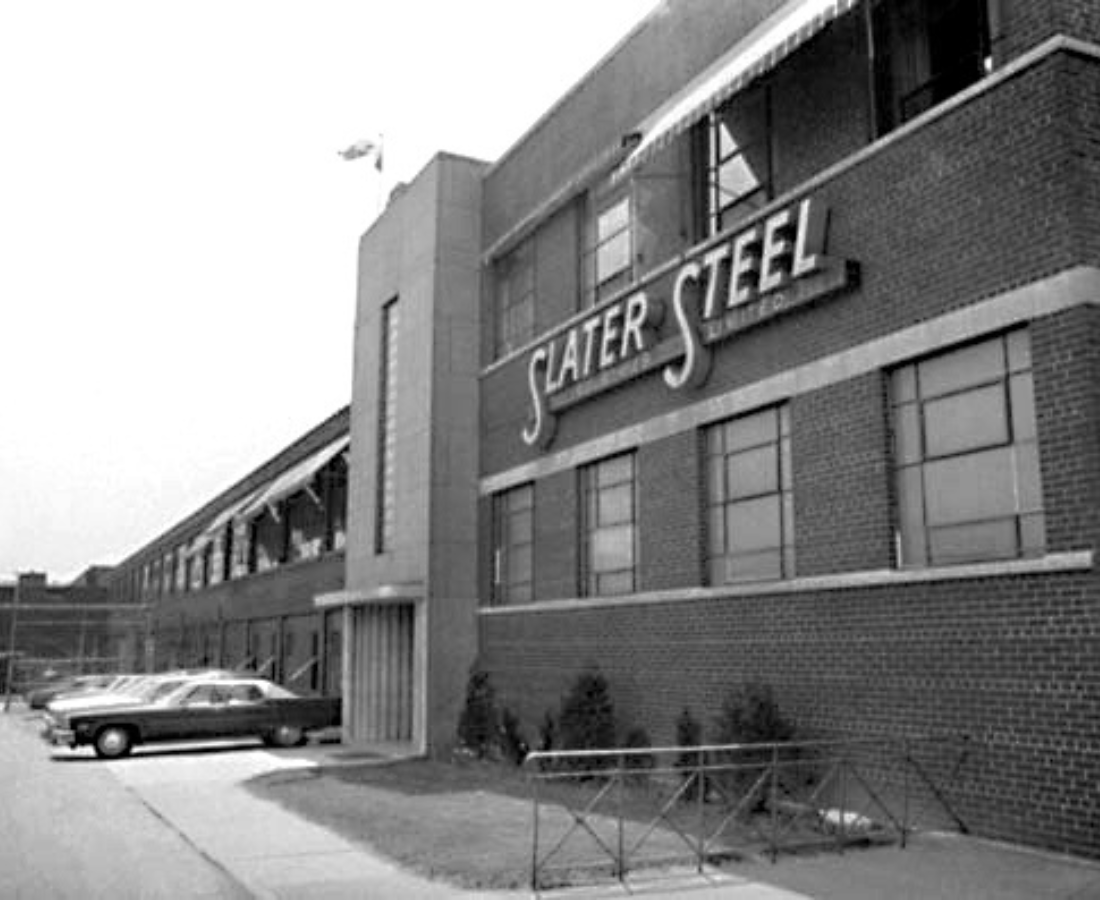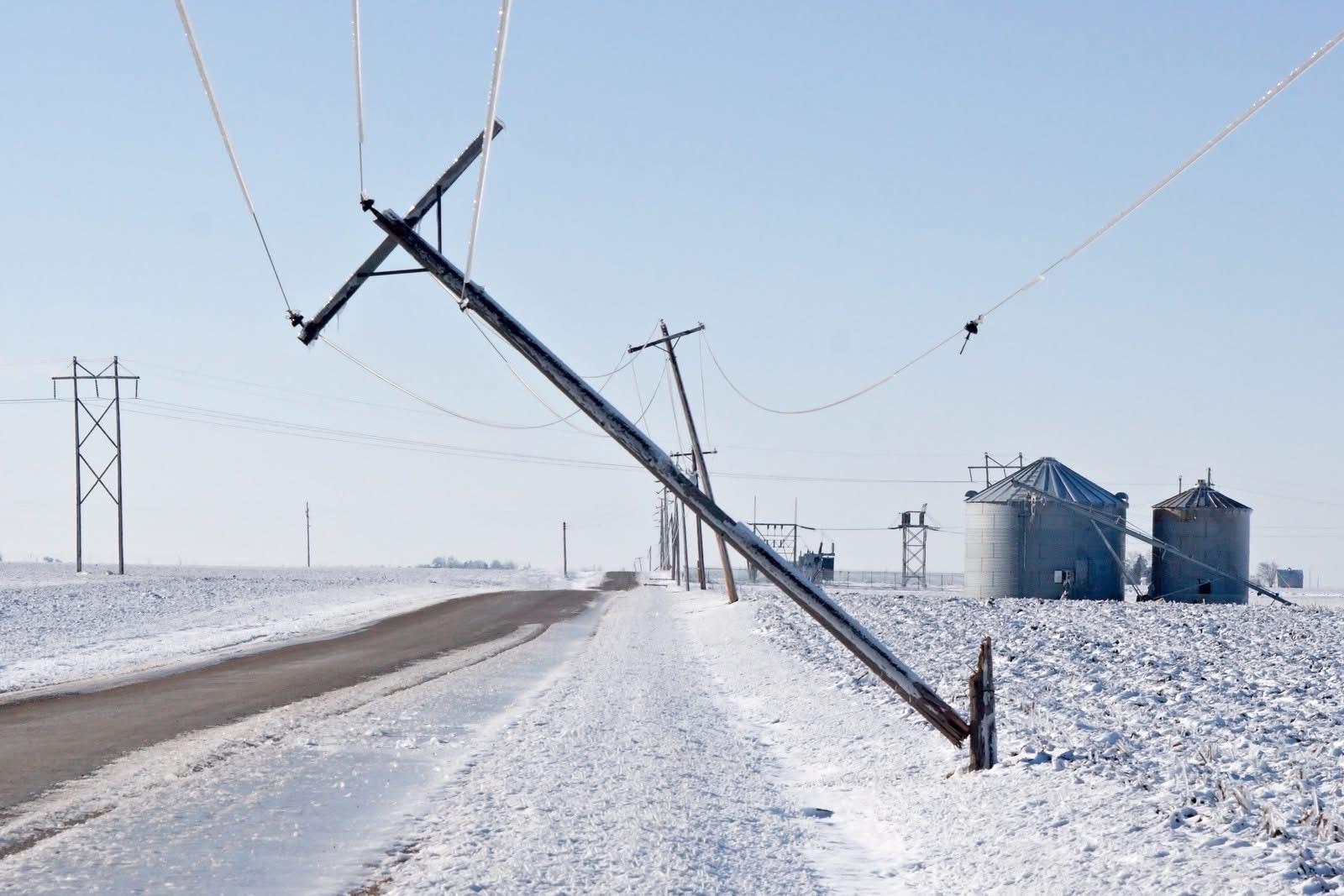Why MPI Matters
MPI is a trusted inspection method across industries such as aerospace, automotive, and manufacturing due to its versatility and effectiveness. At Slacan, we ensure our steel forgings meet the stringent ASTM A275 and ASTM E709 standards, reinforcing our commitment to quality and compliance.
Certified Expertise
Expert execution of Magnetic Particle Inspection requires certification from industry-leading organizations like the Canadian General Standards Board (CGSB) and the American Society of Non-Destructive Testing (ASNT). Every Slacan MPI technician holds CGSB certification, ensuring inspections meet the rigorous standards and competencies required for the highest industry standards.
Slacan’s MPI Process: A Step-by-Step Overview
1. Preparation
- Surface Cleaning: The component is meticulously cleaned to remove contaminants such as oil, grease, or dirt that could impact inspection accuracy.
- Demagnetization: Any residual magnetism is eliminated before inspection to prevent interference.
2. Magnetization
- Direct Magnetization: An electric current is passed directly through the part, creating a magnetic field within the material.
3. Application of Magnetic Particles
- Wet Method: Ferromagnetic particles are suspended in a fluorescent liquid which is applied to the surface.
4. Detection of Indications
- Leakage Fields Inspection: Discontinuities such as cracks create leakage fields that attract the magnetic particles, forming visible indications. Slacan’s method reveals defects as bright green indications against a dull green background under. Under proper lighting conditions our inspectors evaluate these indications.
- Alternating Currents (AC) Used for Detection: Slacan primarily uses AC for surface discontinuity detection, ensuring the most effective results.
5. Post-Inspection
- Demagnetization: The part is demagnetized again to eliminate residual magnetism.
- Cleaning: Any remaining magnetic particles are removed post-inspection.
- Documentation: All findings are meticulously recorded, detailing defect locations and characteristics.
- Rework: Components with defects within an acceptable range may may be reworked through various means and then reinspected using the same process.
Quality You Can Trust
MPI plays an essential role in ensuring the structural integrity and reliability of ferromagnetic components. At Slacan, we don’t compromise on quality. Our CGSB-certified technicians and state-of-the-art MPI procedures ensure defects are detected with precision, guaranteeing our customers receive only the highest-quality products. Trust Slacan—where expertise meets execution.




















